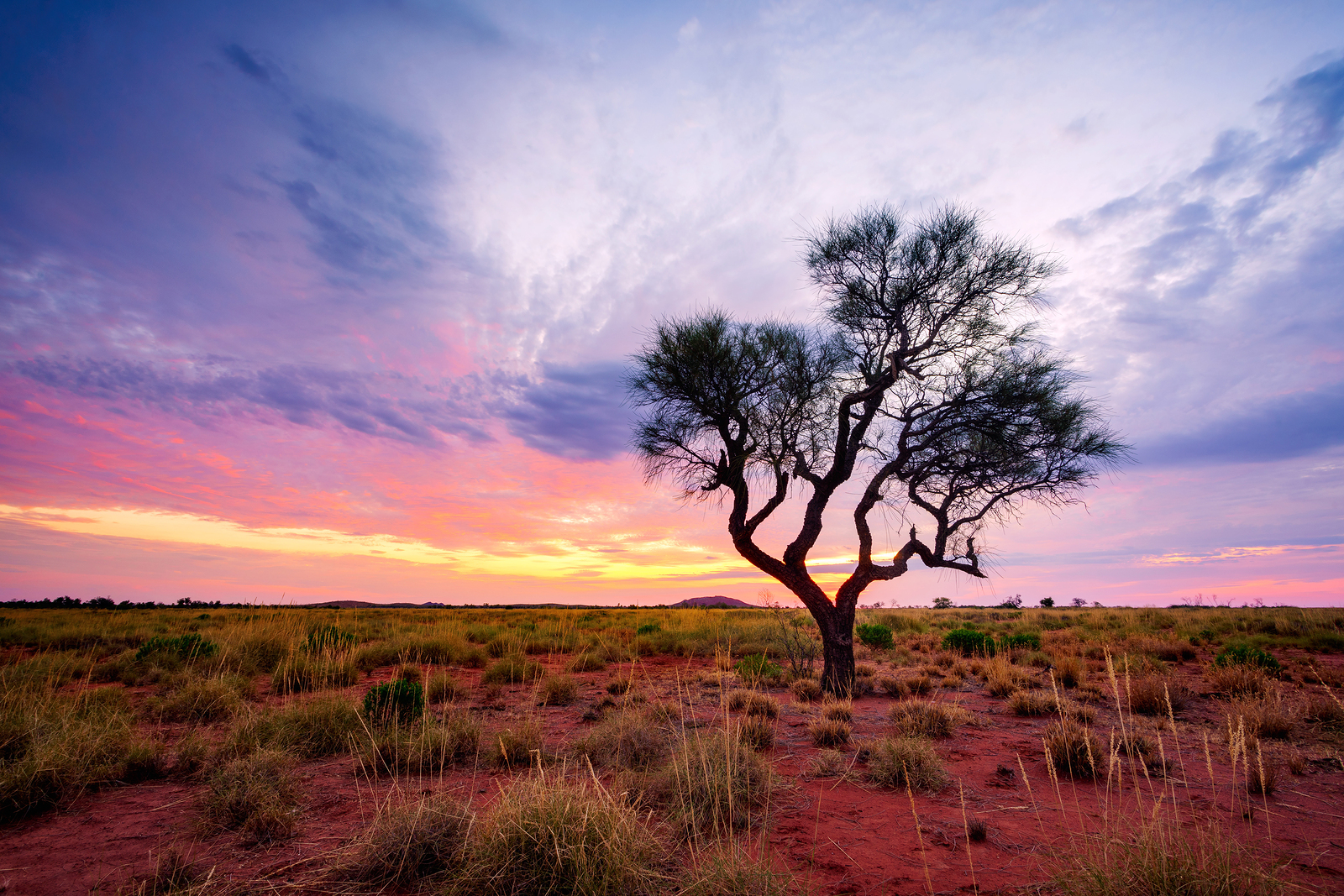
Complementary healthcare and medicine such as naturopathy and reflexology is popular in Australia. Some universities even offer a Master of Chinese Medicine which incorporates advice to practitioners of Chinese Medicine to more effectively integrate into the modern health care system. Prior to the arrival of western medicine, indigenous Australians relied on traditional medicine and healers to manage their ailments for more than 60,000 years.
Ngangkari are usually identified as children as having the gift of healing, and skills are passed down through generations. Traditional healers typically work by pressing their hands onto patients to restore spirit balance and patients often say they feel energised following treatment.
Many countries around the world have successfully incorporated traditional healing methods and medicine into modern healthcare and now Australia is beginning to recognise the value of indigenous healers. In 2012 a not-for-profit social enterprise was established to help maintain and preserve Aboriginal traditional medicine. The Anangu Ngangkari Tjutaku Aboriginal Corporation (ANTAC) brings together traditional healers to provide consultations and treatments as well as educational and bush medicine workshops. ANTAC has a register of 17 Ngangkari who have undergone an accreditation process and is run under the direction of five Ngangkari elders who comprise the Board of Directors.
Doctors who have worked with Ngangkari say they have been motivated to look more closely at a patient’s emotional and spiritual side and as a consequence those patients have disclosed historical issues which may be impacting current health problems. Many doctors say they have observed improved health outcomes among patients who have been informally referred to Ngangkari and some doctors say they have even seen traditional healers effectively treat health issues in indigenous patients that modern medicine has been unable to diagnose.
In South Australia cultural policy stipulates that if a patient wishes to consult with a traditional healer the healthcare system will attempt to locate a Ngangkari to provide treatment. Under the Mental Health Act 2009 South Australia state laws stipulate that traditional healers be involved in the mental health care of Aboriginal people. In the Northern Territory Ngangkari are employed by the Women’s Council in Alice Springs and work alongside mainstream health professionals in hospitals, nursing homes and other environments. ANTAC arranges for some Ngangkari travel to other areas in Australia, including Sydney, to run healing clinics.
ANTAC encourage non-indigenous doctors to understand that Aboriginal and Torres Strait Islanders have an alternative view of health and healing, which often involves a cultural and spiritual element. Ngangkari say they value western medicine and want to work together with healthcare professionals to provide a more wholesome approach to healing.
